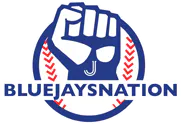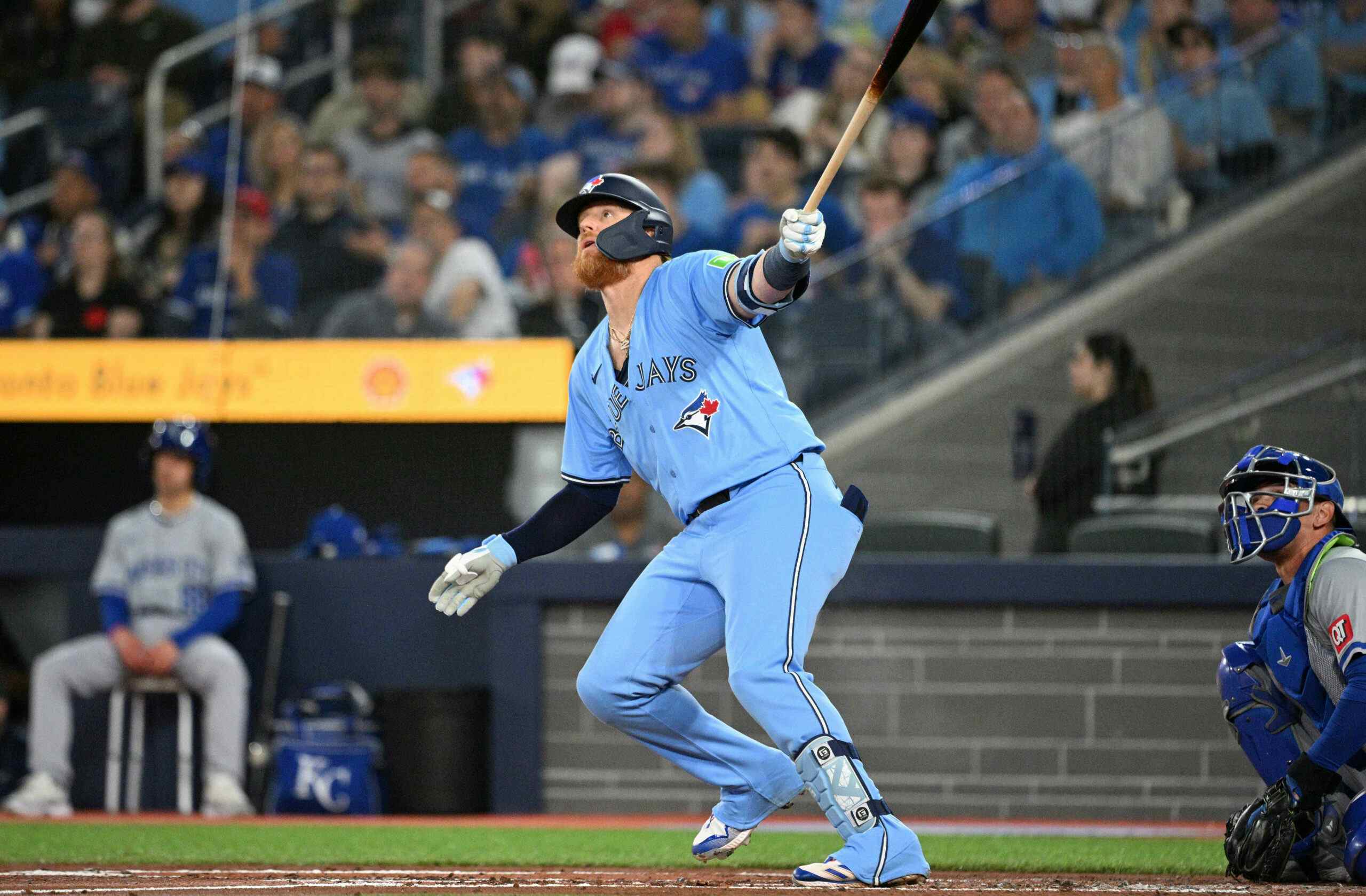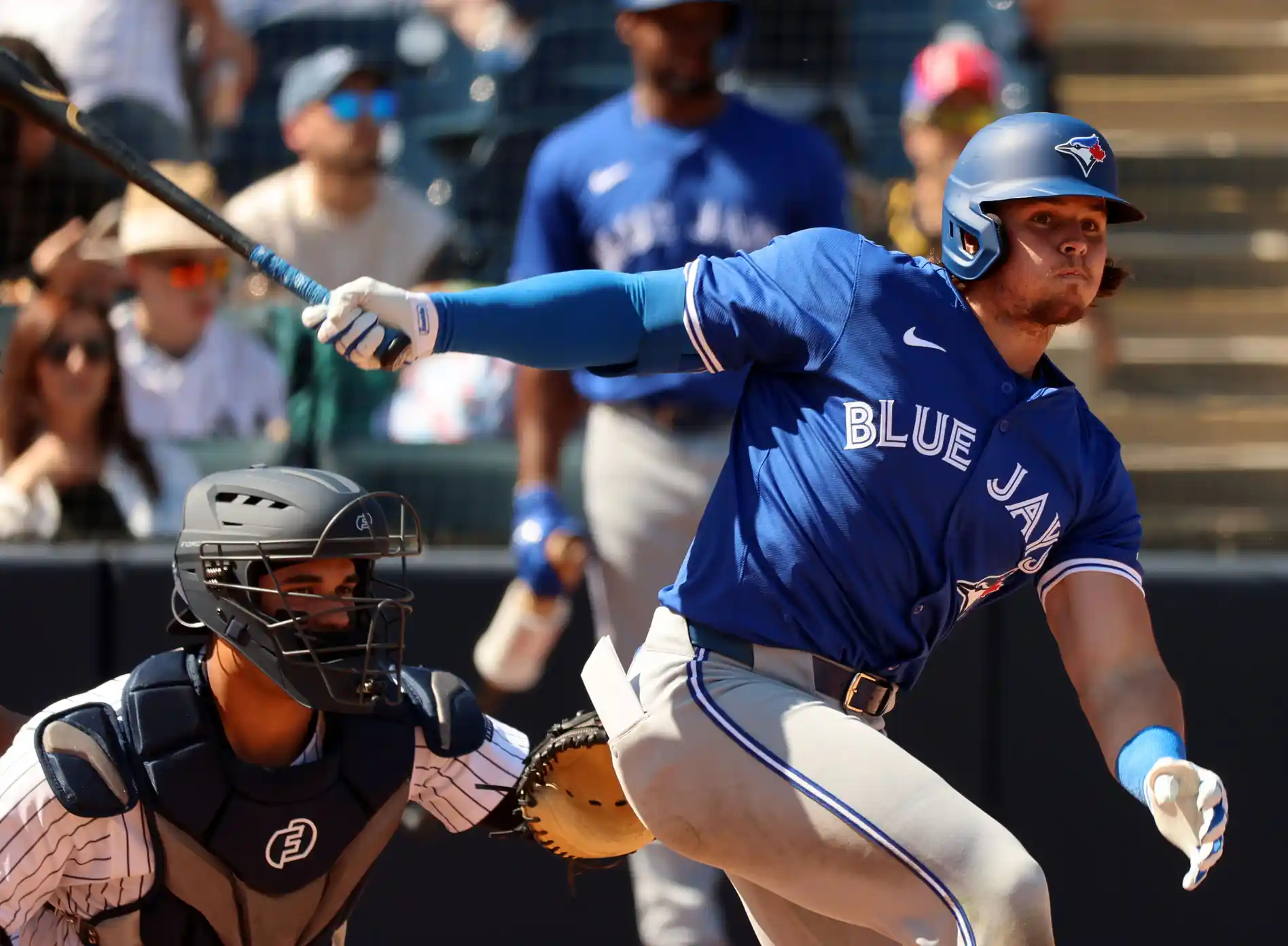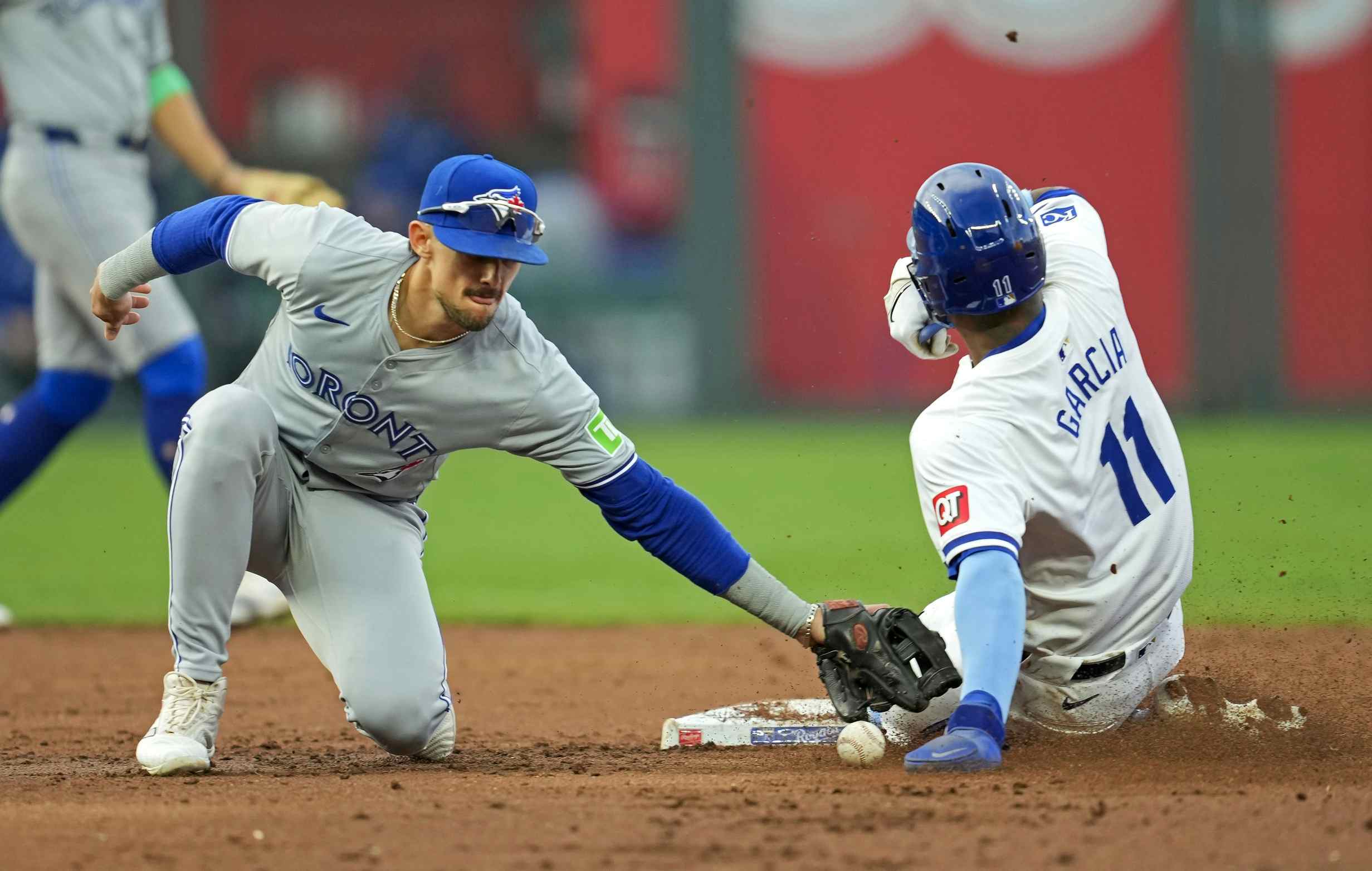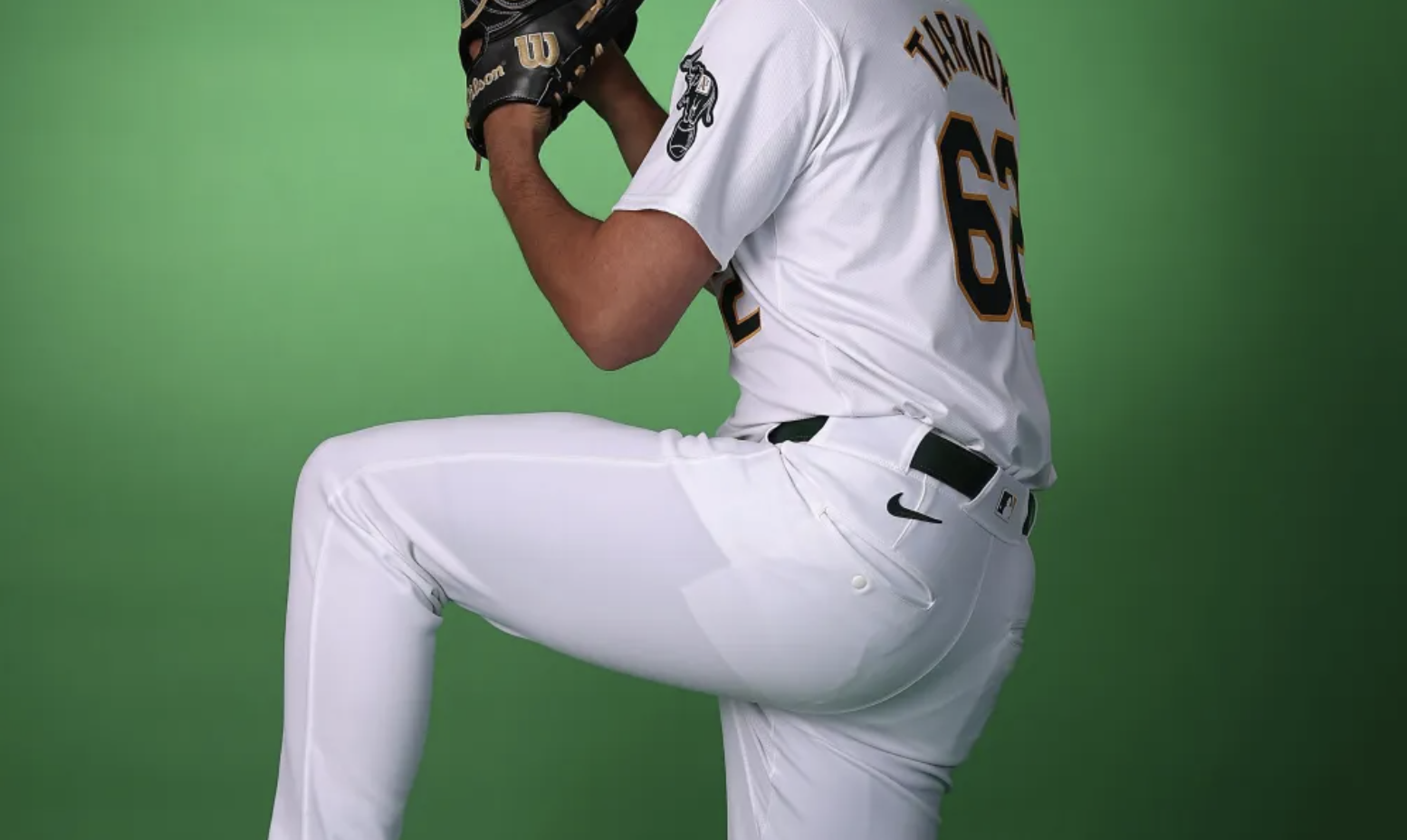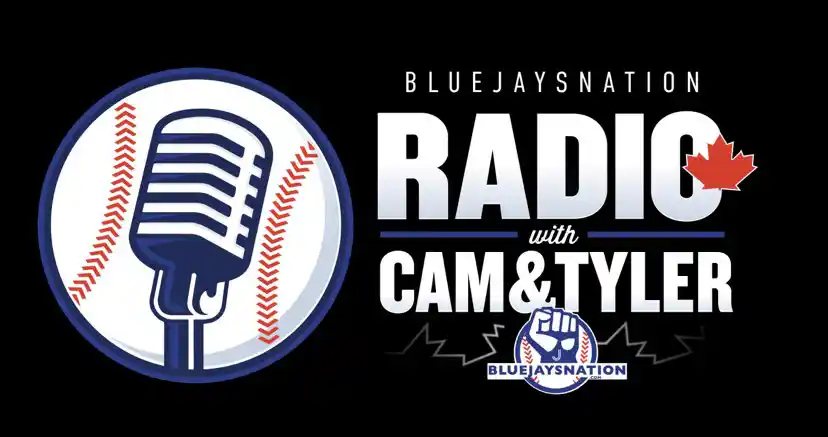Josh Donaldson Speaks Candidly About Domestic Violence

Photo Credit: Kim Klement-USA TODAY Sports
Late last night, The Toronto Star released a one-on-one interview reporter Rosie DiManno did with Blue Jays’ third basemen Josh Donaldson. In many ways, the existence of the interview in itself is a revelation, referring to the fraught, abusive environment Donaldson grew up in, and discussing, in his own words, the domestic abuse he witnessed as a child. It has long been public knowledge that Donaldson’s father served fifteen years in prison for crimes committed against Donaldson’s mother (and others,) but to my knowledge this is the first time the American League MVP has spoken so frankly to the media about his own experience as it relates to recent changes to how the MLB approaches domestic violence. (Yankees pitcher Aroldis Chapman recently became the first player to be disciplined under the new policy, suspended for thirty games after allegedly choking his girlfriend and admitting to firing eight gunshots.)
“These are grown men on the field here,” Donaldson tells DiManno during the interview. “Domestic violence is a numbers game, right? There’s going to be one or two people, just by pure numbers, who are involved in that kind of thing. It’s everywhere, in every profession. The more that we can get ahead of this, the more educated people will be, and hopefully that makes everyone think.”
It’s interesting that questions about the MLB’s newly implemented policy haven’t been posed to Donaldson before this point—not only because of Donaldson’s personal experience, but because he’s been open on social media about his own connection to the problem. In late February he tweeted in response to some of my thoughts about the MLB’s decision to suspend, with pay, former Blue Jay Jose Reyes while he awaits trial in Hawaii for charges of domestic violence. He conveyed that he was sensitive to the issues at hand and had faith that the league would get things right. He also stated his belief that it is important that all the facts come out before judgment, and reiterated in the Star interview that he wants to wait until “there’s actual evidence or there’s an official ruling” before condemning former teammate Reyes.
What is important about this particular interview is that, up until this point, high profile conversations about domestic violence in the MLB have been largely about how to deal with perpetrators, and much less about the voices of actual survivors of violence. What’s worse is that too often sports media dwells solely on the effect these rulings have on the players they’re dished out to, and even worse, on the teams they play for. Some of the more egregious takes focus on how accused and/or charged players have “made a comeback” or “triumphed over adversity.” (Think former Tampa Bay Rays pitcher Josh Lueke, or the NFL’s Greg Hardy.) It’s highly unusual for sports culture to speak frankly about the effect violence has on those who endure or witness it first hand, preferring to speak abstractly about “conduct” and “distractions.”
Personally, I’m of the mind that it’s a big, brave deal every time someone publicly tells their story in the interest of making things easier on others. It’s an even bigger deal when you think about how oddly restrictive and silencing sports culture at large can be, as evidenced by what a revelation it was when knuckleballer RA Dickey disclosed his own relationship with abuse.
Donaldson took the interview opportunity to voice that “it’s a very serious issue, not just in baseball but in society,” and for those of us who come to the MLB domestic violence conversation from a survivor’s perspective, it’s a vital, meaningful gesture on his part. Like it or not, athletes have a huge influence on the public at large, and acts like this one are often powerful and de-stigmatizing enough to encourage others to speak out. (As was the case with Pat Smith’s recent public recollections of mistreatment and abuse during his time with the Ontario Blue Jays.)
While we of course shouldn’t project our own meaning on Donaldson’s experiences, thoughts or actions, it’s valuable that a survivor-centric discussion is happening at all, especially in a monolithic sports environment too often governed by a single, one-note narrative. It can mean that we treat these incidents more holistically as they unfold under the MLB’s new approach, and in doing so seek to better prevent them. Certainly Donaldson is under no obligation to be any kind of spokesperson for change (and we should never ask that of anyone who is open about their experiences,) but by starting a dialogue he’s certainly opened a door that desperately needed opening.
Obviously these issues remain complex, and are far from simply black and white. We can’t ignore the fact that Donaldson’s current perspective on Reyes can indeed be hurtful for those who believe the knee-jerk “innocent until proven guilty” messaging that dominates sports undermines the stories, rights, and well-being of those who have been traumatized by violence and, for a variety of valid reasons, chose not to report. For those of us who were harmed without legal resolution, having players, teams and fans unquestionably rally around an accused player can not only be painful to watch, but can make us feel excluded from the sports community. But Donaldson’s response to Reyes, and his current refusal to pass judgment, also underscores the challenges faced by those who have to reconcile a colleague and friend being accused of violating another. “I would never have thought about Jose as that kind of a person,” says Donaldson to the Star. It’s a worthwhile reality to explore, and the more we have frank and open dialogues about how violence touches our lives, the more potential there is to heal, find appropriate resolution, and work towards eliminating it from our culture.
I certainly don’t want to speculate Donaldson’s reasons for speaking so candidly on his own experience with domestic violence, but one quote from the Star’s interview certainly stands out in my mind; “It’s not something I would want anybody else to go through.” It’s deeply meaningful and courageous that he’s started the conversation from an often-ignored perspective, and despite the caveats and complexity, its important to both acknowledge and continue it. With tentative caution, I would say that the culture of the MLB is slowly and admirably changing—and Donaldson is a part of that.
Recent articles from Stacey May Fowles
